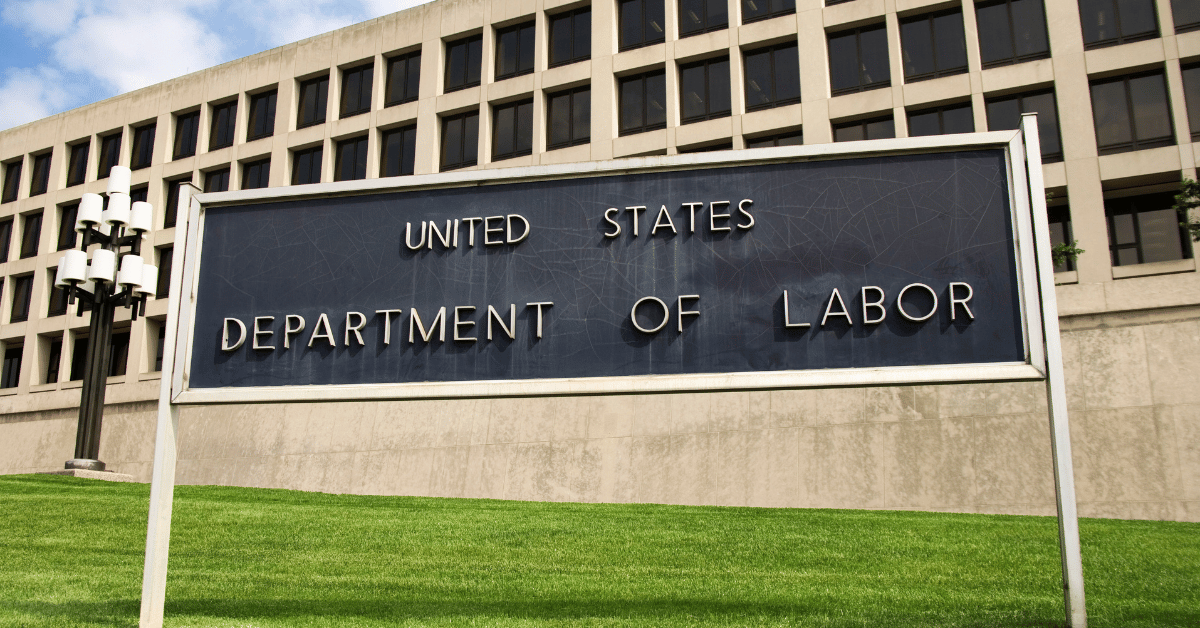The Department of Labor’s Employment and Training Administration recently launched a new public-private partnership in the front against the opioid crisis. The federal government is asking employers to implement policies that prioritize and accommodate addiction recovery. It’s an effort to help those with substance use disorders [SUDs] while they’re still functional and employed. Fatal drug overdoses continue to surge amid the opioid epidemic. As such, the Biden Administration has made the so-called recovery-ready workplace a focus, and human resources experts are talking more and more about what private companies can do to expand opportunities for people in or seeking recovery from a drug or alcohol addiction.
What is a Recovery-Ready Workplace?
A recovery-ready workplace, as defined by the U.S. Department of Labor, is an employer that adopts the following policies and practices:
- The employer expands employment opportunities for workers in rehab or seeking treatment.
- The workplace informs employees who are in recovery that they’re entitled by the organization’s policy to protections to help them keep their job.
- The organization mitigates the risk of substance abuse even by educating employees and taking steps to prevent injury in the workplace.
- The employer helps workers find help for SUD.
- The workplace makes related services — like treatment, recovery support and mutual aid — readily available.
The third criterion may seem odd until you recognize that physical injury is one of the most common paths to opioid abuse. Many addictions start with legally prescribed pain medications.
Recovery-ready workplaces benefit not only employees, but they can help employers and the larger community by reducing turnover, improving productivity and reducing healthcare costs. Across the country, a working definition is already in use for the term in places where the concept is being applied. Take the Mass Hire Holyoke Career Center in Massachusetts for example. They define a recovery-ready workplace as an employer who “supports their community by recognizing recovery from SUD as a strength.”
Whether nonprofits, for-profits or government entities, these employers take responsibility for mitigating their employees’ socioeconomic burden for seeking addiction treatment. They implement policies to reduce stigma, encourage employees to seek help and even assist in making sure employees can keep their jobs.
Why Are Recovery-Ready Workplaces Needed?
Keeping a job is one of the biggest barriers to addiction treatment for many people struggling with SUDs. The state Department of Workforce Development (DWD) in Wisconsin provides resources for employers who help the proportion of the talent pool struggling with SUD. According to them, about 15 million people with SUDs are employed nationwide.
Addiction treatment is no cheap investment in oneself, but that investment pales in comparison to the cost of addiction. Nevertheless, many need all the help they can get when enrolling in residential treatment, which might keep them away from work for as much as 40 days or more.
Benefits of being a recovery-ready workplace include:
- Reducing turnover
- Improving productivity
- Reducing healthcare costs
- Expanding labor force
- Promoting overall worker well-being
- Fostering a culture were substance use disorder is recognized as a health condition
- Encouraging employees to seek needed treatment
President Joe Biden directed the Department of Labor to launch the Recovery-Ready Workplace Resource Hub. That came as part of a slew of actions the administration took to address the overdose epidemic. It included $1.5 billion spread out amongst all states and territories to be allocated toward the opioid crisis.
How to Become a Recovery-Ready Workplace?
The Labor Dept. also provides a roadmap to becoming a recovery-ready workplace. Even if accomplished in a piecemeal fashion, the government recommends and incentivizes moving in this direction. To start, the organization needs to initiate an assessment. It should examine how substance abuse affects its workforce and workplace.
It should also consider legal and regulatory requirements in the organization’s sector, and it should identify those in that industry, in the organization and external partners who can help make the organization fulfill the Labor Dept.’s criteria. Lastly, the assessment should yield a well defined plan with clear milestones leading to recovery-ready status.
You can reach out to Landmark Recovery to facilitate this process for your organization. One of the fastest-growing addiction treatment agencies in the country, Landmark Recovery’s well equipped to provide a drug and alcohol rehab pipeline complete with transportation provided for employees.
Private-Sector Responsibilities to Addiction Treatment
The Department of Labor has set non-binding policy expectations to be fulfilled by recovery-ready workplaces. An example is that one such organization leverage tax credits, bonding programs and partnerships to help identify and onboard this with SUD backgrounds. Those partnerships would ideally be with addiction treatment facilities, recovery support programs and workforce organizations.
Other government expectations of employers is that they take new approaches to hiring that create opportunities for those in recovery. This would especially pertain to what the Labor Dept. calls “second-chance […] employment models.” Recovery-ready workplaces should also brand themselves as recovery-ready or recovery-friendly.
Organizations with these policies would ideally also be able to dedicate a team of personnel to supervising all these efforts. Additionally, they could establish a peer-level support network of recovery mentors and accountability partners if not also educators on the subject.
Need Help with Addiction?
If you or someone you know are struggling with a drug or alcohol addiction, contact Landmark Recovery at 888.448.0302. As resources and policy initiatives avail themselves to help you in your situation, you may find that you’re not as trapped as you feel. You can make the right call and bounce back before you know it.

Choose Recovery Over Addiction
We're here 24/7 to help you get the care you need to live life on your terms, without drugs or alcohol. Talk to our recovery specialists today and learn about our integrated treatment programs.




